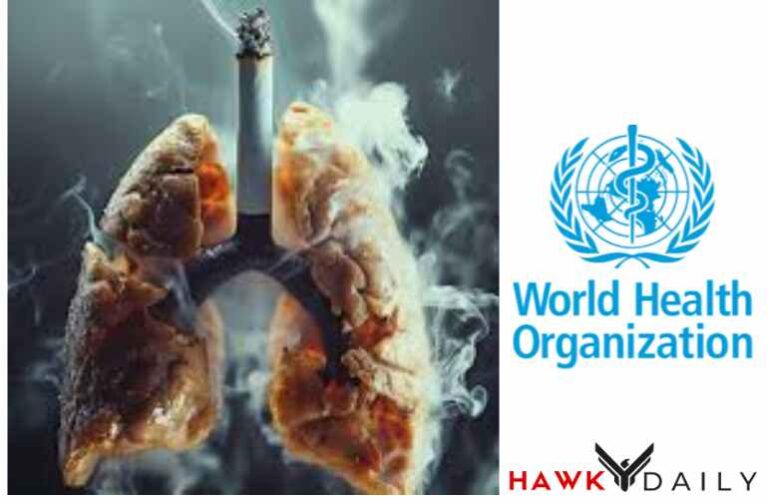The World Health Organization has unveiled its first-ever clinical treatment guideline for helping adults quit tobacco. This guide aims to support healthcare providers in delivering effective interventions for tobacco cessation. The World Health Organization (WHO), an organization that helps people around the world be healthy, just released something big for smokers who want to quit.
Key Highlights of the Guideline
- Evidence-Based Strategies: The guideline provides recommendations based on the latest scientific research to help adults stop using tobacco.
- Pharmacotherapy: It includes advice on the use of medications such as nicotine replacement therapy, varenicline, and bupropion.
- Behavioral Interventions: The guideline emphasizes the importance of counseling and behavioral support in aiding tobacco cessation efforts.
- Combination Therapy: Using both medications and behavioral support is encouraged for better outcomes.
- Healthcare Provider Training: The guideline recommends training for healthcare workers to effectively deliver tobacco cessation interventions.

Importance of the Guideline
Tobacco use is a leading cause of preventable diseases and death worldwide. Quitting tobacco significantly reduces the risk of developing many health issues, including heart disease, stroke, and various cancers. By following this new guideline, healthcare providers can help more people successfully quit tobacco and improve overall public health.
Accessibility and Support
The WHO has made the guidelines freely accessible online to ensure widespread availability. Additionally, the organization provides resources and training materials to support healthcare providers in implementing these recommendations.
The release of this guideline marks a significant step in the global effort to reduce tobacco use and its associated health risks. By adopting these evidence-based recommendations, healthcare providers can play a crucial role in helping adults quit tobacco and lead healthier lives.
For more detailed information, you can access the full guidelines on the WHO’s official website.
Stay With Hawk Daily.


